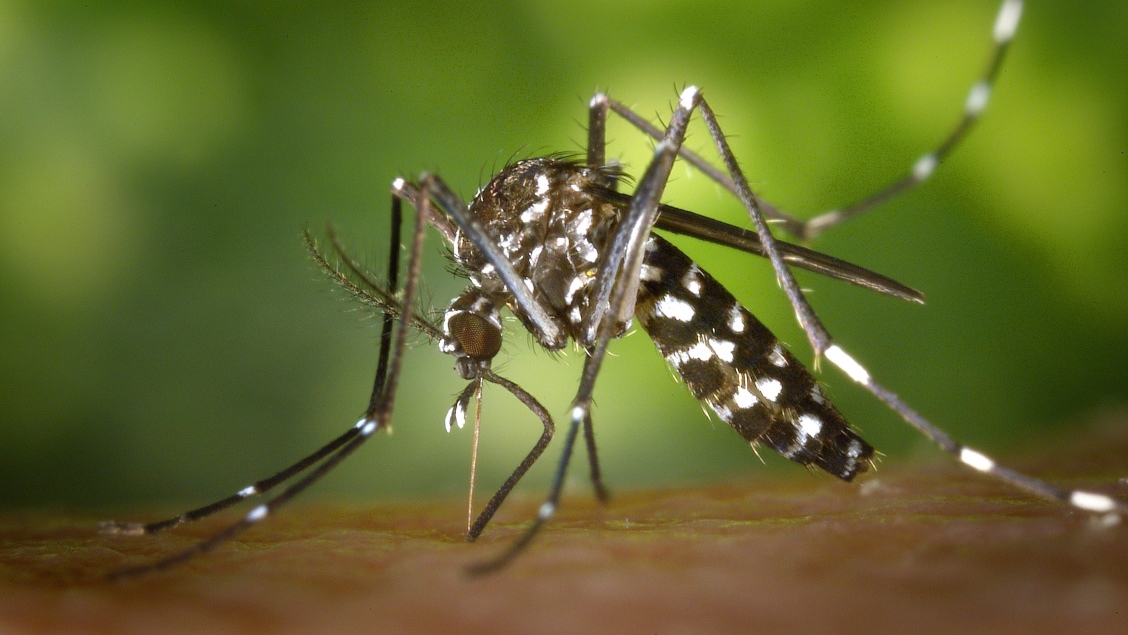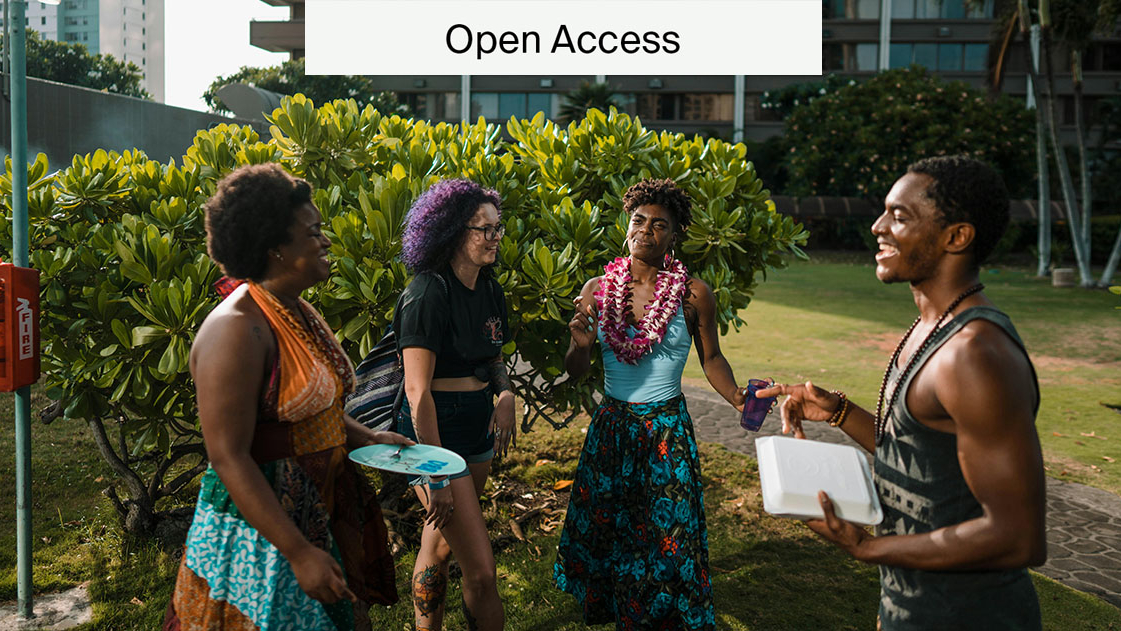
Ending Malaria Worldwide—World Malaria Day
On 25th April each year, World Malaria Day is a reminder of malaria and its devastating effects on the human population. This year, the World Health Organization is calling for a celebration of those countries that have managed to successfully eradicate the disease, or that are close to doing so. These nations inspire those a few steps behind them to achieve the same thing, eventually leading to a world free from the tremendous loss that malaria brings.
World Malaria Day
Most people know that malaria is spread by mosquitoes. After a single infected mosquito bite, the victim experiences a high temperature, headaches, vomiting, shivering, joint pain and diarrhoea, typically in from one to four weeks. In some cases, however, it lies dormant for a year or more before symptoms arise. After the infection has become active, the parasite from the mosquito attaches itself to the host’s red blood cells and multiplies. This causes blood cells to lose their elasticity, becoming floppy, and they start to clog the blood vessels around organs. In the most severe cases, this leads to organ failure and death, as organs cease to function properly without a healthy blood flow. In less severe cases, the parasite weakens the red blood cells, meaning that they have shorter life spans. Anaemia follows, causing further health problems down the road.
Malaria is at least 30 million years old, but it only became a significant threat to the human population about 10 thousand years ago. As well as killing huge parts of the population, malaria has changed our genetic makeup globally. Some disorders, which decrease the chance of being infected with malaria, have become more prevalent, due to people with these disorders surviving the malarial plague. These include sickle-cell disease and elliptocytosis.
How does malaria spread?
There are only five types of female mosquito that can spread malaria. The most common malaria spreaders are Anopheles mosquitos. These mosquitoes suck the blood of a person infected with malaria. Tiny malaria particles, invisible to the naked eye, are mixed with the mosquito’s saliva and infect the next person that they bite. Mosquitoes lay their eggs in stagnant water, including puddles and lakes. Malaria can also be spread from person to person via syringes, blood transfusion, organ transplant and from mother to baby during pregnancy.
In 2019, 229 million people were infected with malaria. It continues to be a significant threat to human life. According to the WHO, 89 out of 195 countries are still plagued by malaria. As a tropical disease, most of these countries are in Asia, Africa and the Americas, as well as Haiti and the Dominican Republic, and certain Pacific islands. Periods of monsoon-like weather provide mosquitoes with pools of water to lay their eggs, resulting in an increase ininfections in the area.
Treating malaria
Treatment of malaria is largely dependent on the type of malaria contracted. Medications and anti-malarial drugs are used to treat uncomplicated and severe malaria, respectively. If administered promptly after diagnosis, the chances of survival are almost 100%. However, there are many limiting factors. People living in low- and middle-income countries often do not have access to these drugs. As well as this, a poor clinical diagnosis can lead to the sufferer being treated with the wrong drug, meaning that malaria continues to harm them. Furthermore, malaria’s resistance to these drugs is steadily increasing, leading to them becoming less effective for treatment.
There is some hope for a brighter future: a vaccine, RTS,S (aka Mosquirix), was approved in 2015, and in 2019, the vaccine was piloted in selected sub-Saharan African countries. Nevertheless, many have pointed out that courses of the vaccine only offer 30% protection against malaria, and this therefore may be the first step of many in the search for a definitive cure which ends the cycle of transmission from person to person for good.
Researching for World Malaria Day
Much malaria research has been published in MDPI’s journal Tropical Medicine and Infectious Disease (TropicalMed), such as the Special Issue “Malaria Elimination: Managing Implementation of the Interventions for Success” and the paper “Malaria and COVID-19: Common and Different Findings”. Research on malaria and affordable, accessible cures will eventually end the hardships faced by sufferers worldwide. We encourage the submission of malaria-related research, with the goal of achieving an end to malaria sooner.










